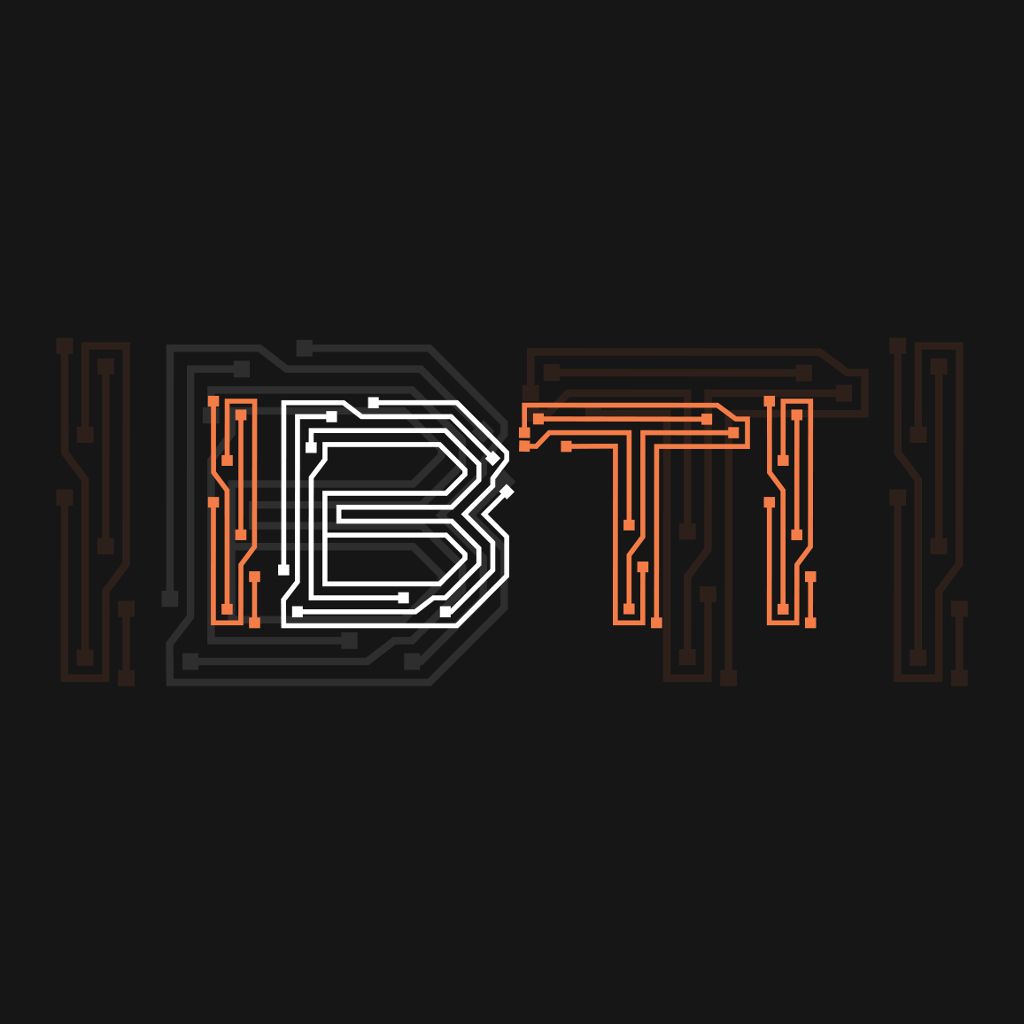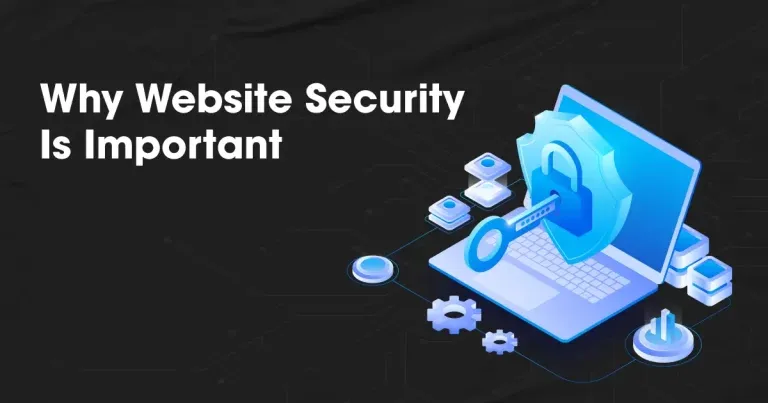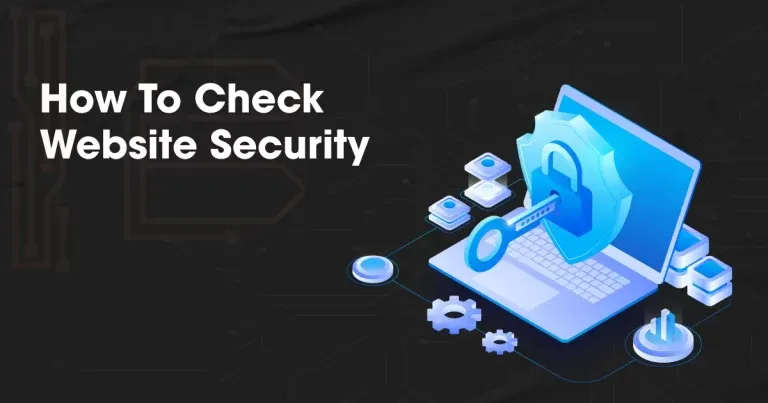How To Secure Your Website From Cyberattacks
 Marketing IBTI#Marketing IBTI
Marketing IBTI#Marketing IBTIHow to secure your website from cyberattacks? Are you sure your website is safe? If not, you are not alone. Cyberattacks are on the rise, and no website is immune.
But there are several steps you can take to protect your website from cyberattacks and keep your visitors’ data safe.
In this blog post, we’ll discuss the different types of cyberattacks that can target websites and the steps you can take to protect your site. We’ll also provide specific website security tips and website security best practices for website security.
What is Website Security?
Website security is the practice of protecting websites from unauthorized access, use, disclosure, disruption, modification, or destruction. It is important to note that website security is not just about protecting the website itself but also the data of visitors.
What are Cyberattacks?
Any attempt to gain unauthorized access to a computer system or network to steal, disrupt, or damage data.
Cyberattacks can be carried out by individuals, groups of individuals, or even governments.
Types of Cyber Attacks
There are many different types of cyberattacks, but some of the most common include:
Malware infections
Malware is malicious software that can damage or disable computer systems. Malware can be infected on a computer in various ways, such as through malicious downloads, phishing attacks, or SQL injection attacks.
Phishing
Phishing attacks trick users into revealing confidential information, such as passwords or credit card numbers. Phishing attacks can be carried out through email, social media, or even fake login pages.
Ransomware attacks
Ransomware is malware that encrypts a victim’s files and demands a ransom payment for the decryption key. Ransomware attacks can be very costly and disruptive for businesses.
Denial-of-service (DoS) attacks
DoS attacks are attempts to overwhelm a website with traffic, making it unavailable to visitors. DoS attacks can be carried out by a single attacker or a group working together.
Cross-site scripting (XSS) attacks
XSS attacks inject malicious JavaScript code into a website. When a user visits a website with XSS code, the malicious code can be executed in their browser, giving the attacker access to their cookies and other sensitive information.
SQL injection attacks
SQL injection attacks are attempts to exploit vulnerabilities in a website’s database. By injecting malicious SQL code into a website, an attacker can gain access to the database and steal data or even delete it.
Why Website Security Is Important

Website security is important because it helps protect websites and their visitors from various threats. Cyberattacks can have several negative impacts on website owners, including–
Financial losses
A Cyberattacks can result in financial losses for website owners in several ways, such as through the theft of customer data, the disruption of business operations, or the cost of repairing damage caused by the attack.
Reputational damage
Cyberattacks can damage a website’s reputation and its owner. If a website is hacked and customer data is stolen, customers may lose trust in the website and be less likely to do business with it in the future.
Legal liability
Website owners may be legally liable for damages caused by cyberattacks. For example, if a website is hacked and customer data is stolen, the website owner may be liable for the costs of identity theft protection for the affected customers.
Website Security Tips On How To Secure Your Website From Cyberattacks
There are several things that you can do to protect yourself from cyberattacks, including:
Use strong passwords and two-factor authentication
Strong passwords protect your online accounts. Passwords should be at least 12 characters long and include a mix of upper and lowercase letters, numbers, and symbols. Two-factor authentication (2FA) adds an extra layer of security to your accounts by requiring you to enter a code from your phone in addition to your password when logging in.
Be careful about what links you click on and what files you download
Phishing attacks are one of the most common types of cyberattacks. Phishing attacks can be very convincing, so it is important to be careful about what links you click on and what files you download. If you are unsure about a link or file, do not click on it or download it.
Keep your software updated
Software developers regularly release updates to their software that patch security vulnerabilities. It is important to keep your software up to date, including your operating system, web browser, and other applications.
Conduct regular security scans
It is important to conduct regular security scans of your website to identify any security vulnerabilities. There are many different security scanning tools available, both free and paid.
Use a security solution
A solution can help protect your computer from malware infections, phishing attacks, and other cyber threats. There are many different security solutions available, both free and paid.
How To Check Website Security
There are several ways to check website security, including:

Use a website security scanner
There are many different website security scanners available, both free and paid. These scanners can scan your website for known security vulnerabilities, such as outdated software, misconfigured settings, and malware infections.
Check the website’s security certificate
A website’s security certificate, also known as an SSL certificate, encrypts the data transmitted between the website and the visitor’s browser. Again This helps to protect the visitor’s data from being intercepted by cyber attackers.
To check a website’s security certificate, look for the lock icon in your browser’s address bar. You can also click on the lock icon to view the certificate information.
Check for website malware
Several different ways to check for website malware, including:
Use a malware scanner
There are several different malware scanners available, both free and paid. These scanners can scan your website for malware infections.
Check the website’s code
You can check the website’s code for malicious code, such as JavaScript code that has been injected into the website. Several different online tools are available that can help you check website code for malware.
Check for Website Vulnerabilities
Several different online tools are available that can help you check website vulnerabilities for common security vulnerabilities.
In addition if you find any security vulnerabilities or malware infections on your website, fixing them as soon as possible is important. You can fix most security vulnerabilities yourself or hire a web developer to help you. If you find malware on your website, you should remove it immediately.
Conclusion
A Website security is essential for protecting websites and their visitors from various threats.In addition Cyberattacks can have many negative impacts on website owners, including financial losses, reputational damage, and legal liability.
Now, you know how to secure your website from cyberattacks. As a website owner, you should be aware of the latest cyber threats and take steps to mitigate those threats.
If you have any questions about website security or need help securing your website, feel free to contact IBTI. We have a team of experienced IT professionals who can help you to protect your website from cyberattacks.

Marketing IBTI
#Marketing IBTI🇧🇷 Português
A IBTI é uma empresa de tecnologia com mais de 12 anos de experiência em desenvolvimento de sistemas, apps e soluções sob demanda. Atuamos no Brasil e no exterior com foco em qualidade, inovação e eficiência.
🇺🇸 English
IBTI is a tech company with over 12 years of experience developing custom software, apps, and IT-as-a-service solutions. We serve clients in Brazil and abroad, with a strong focus on quality, innovation, and efficiency.